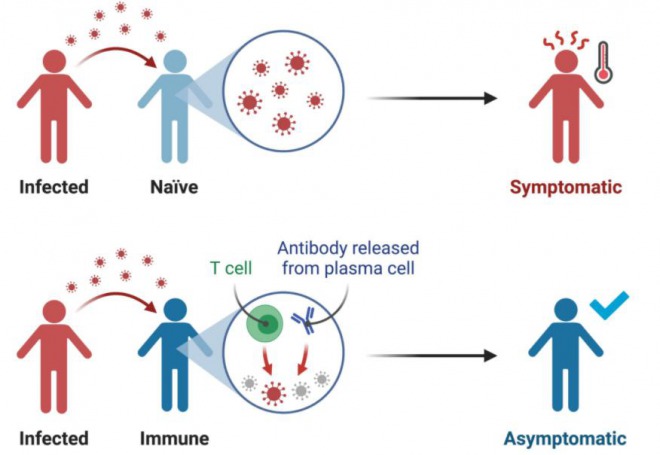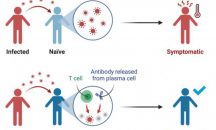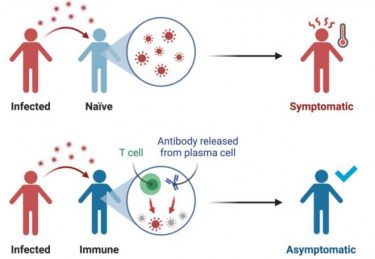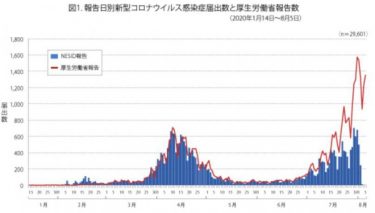
新型コロナウイルスの再感染を世界で初めて、正式に確認したことが分かりました。
再感染の実証調査を行ったのは香港大学で、対象となった香港の男性は今年4月に感染。
初期感染と再感染のウイルス株を調査したところ、両方で異なるコロナウイルス株に感染していることが確認され、2度目の感染はイギリス経由でスペインから香港に帰国した後に判明したと発表されています。
いずれも無症状状態で、コロナウイルスは免疫を獲得したとしてもその場に留まることが証明された上に、別のウイルス株を通して再感染することから、集団免疫もほぼ期待が出来ないとまとめていました。
日本を含めて世界各国で再感染の報告はありましたが、正式な形でシッカリと実証されたのはこれが世界初です。
A first case of #COVID19 reinfection from HKU, with distinct virus genome sequences in 1st and 2nd infection (142 days apart). Kudos to the scientists for this study.
This is no cause for alarm – this is a textbook example of how immunity should work.
(1/n) https://t.co/oekESn0Uhq
— Prof. Akiko Iwasaki (@VirusesImmunity) August 24, 2020
1) Second infection was asymptomatic. While immunity was not enough to block reinfection, it protected the person from disease. (2/n) pic.twitter.com/C65F8ff5UN
— Prof. Akiko Iwasaki (@VirusesImmunity) August 24, 2020
3) Since reinfection can occur, herd immunity by natural infection is unlikely to eliminate #SARSCoV2. The only safe and effective way to achieve herd immunity is through vaccination. (4/n) pic.twitter.com/tqtQOg8Fjf
— Prof. Akiko Iwasaki (@VirusesImmunity) August 24, 2020
香港大学から世界初の新型コロナ再感染した33歳男の発表あるようです。Clinical Infectious Diseases誌にアクセプトされた(まだ見れませんがTWで出回ってます)との事。4月末と8月の4.5ヶ月開け再感染。遺伝子シークエンスにて違う型だったそうです。後数日の議論注目です。 https://t.co/au2OgZTZIO
— Hiroshi Tsuji (@Hiroshi_Tsuji) August 24, 2020
Here is the press release: pic.twitter.com/oLruPSMdPV
— Lilian Cheng (@cwylilian) August 24, 2020
Big news out of Hong Kong: Colleagues at @hkumed claim to have documented first case of COVID-19 re-infection. https://t.co/2UgavAMtsy
— Karen Grepin (@KarenGrepin) August 24, 2020
Breaking News: Researchers reported the first confirmed case of coronavirus reinfection, suggesting that immunity in some people might last only a few months https://t.co/nmqcOPfAKY
— The New York Times (@nytimes) August 24, 2020
A man in Hong Kong has become the first confirmed patient to be infected with the coronavirus a second time, according to researchers at the University of Hong Kong. https://t.co/t0QqHViIql pic.twitter.com/qfKUIY8I3Z
— NBC News Science (@NBCNewsScience) August 24, 2020

いいね!しよう






